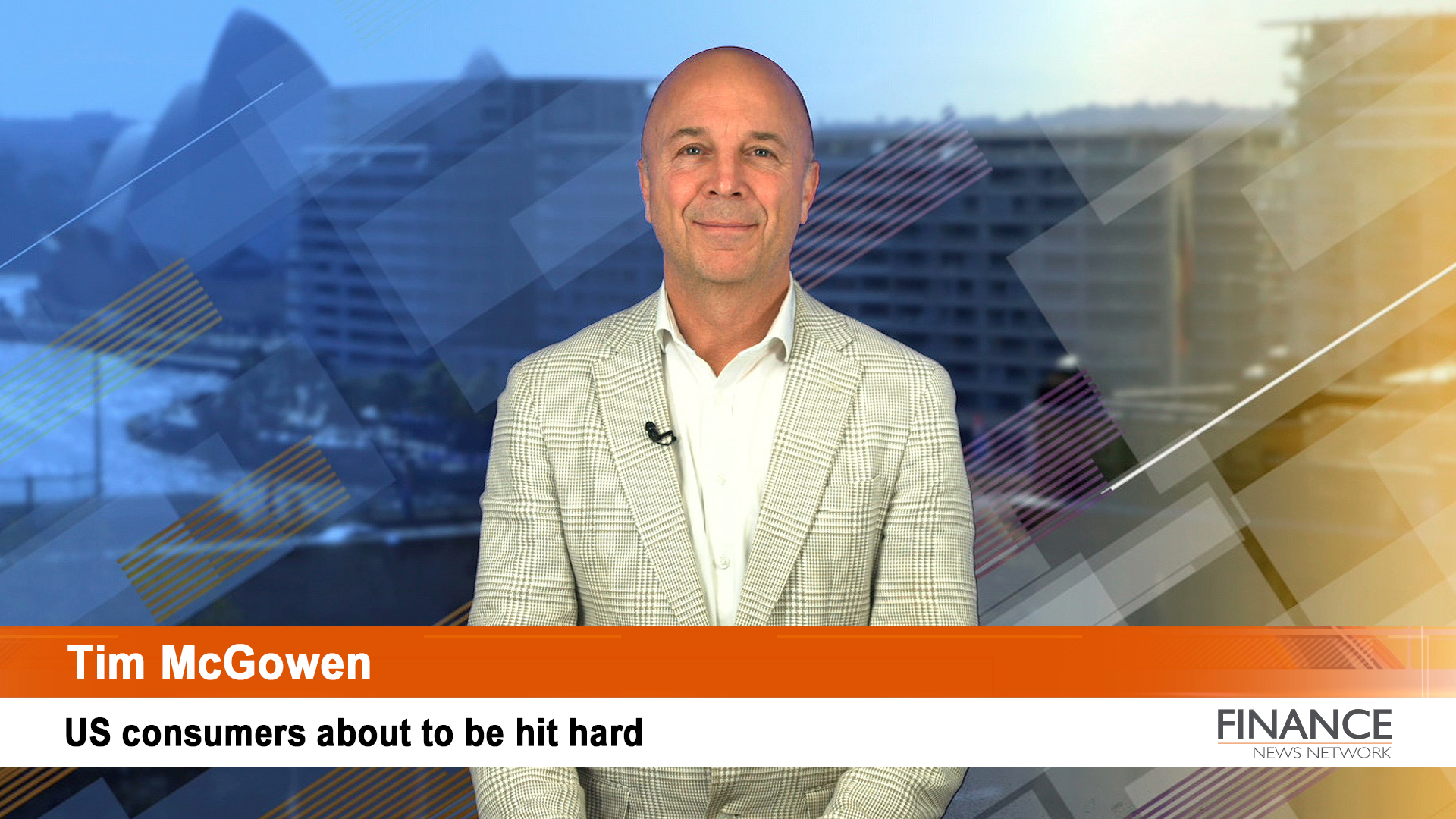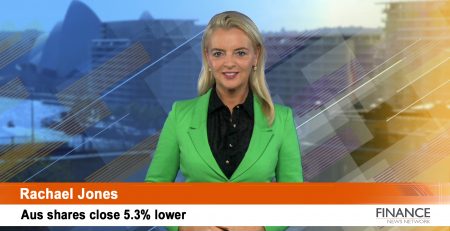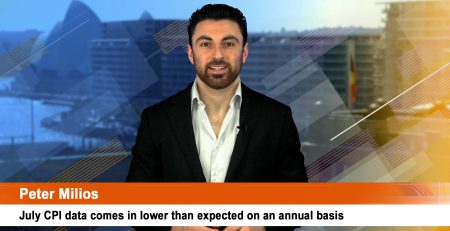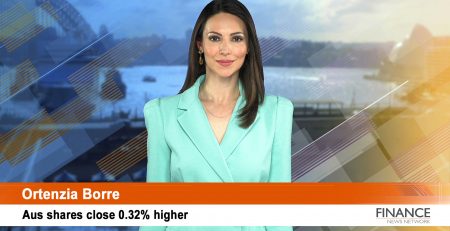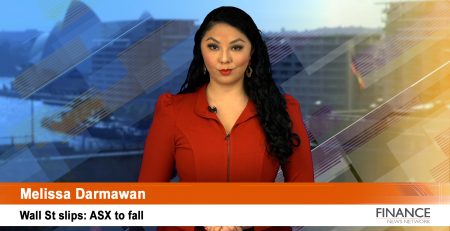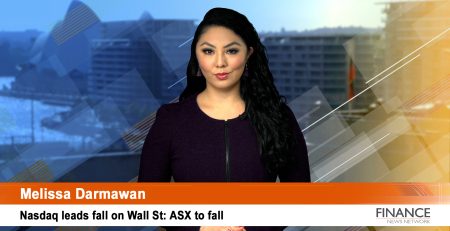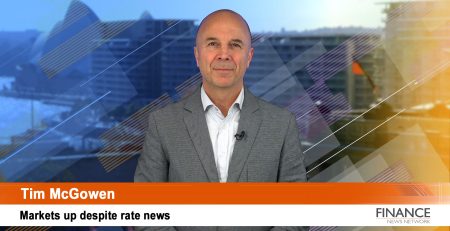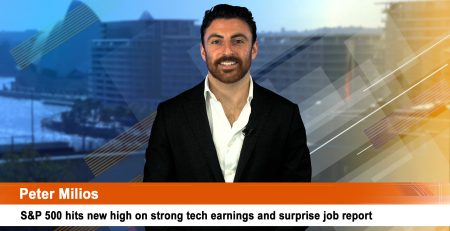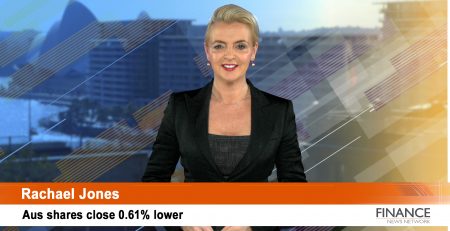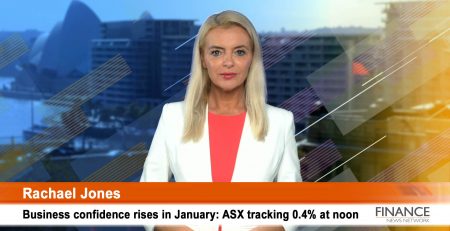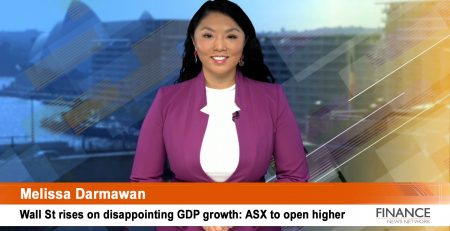US consumers about to be hit hard
While housing does not account for a huge amount of economic output, it is a boom-bust industry that has historically played an outsize role in downturns. The sector runs on credit and the highest mortgage rates since 2008 will start to bite across consumer spending as new home purchases are often followed by new furniture, new appliances and new electronics – its seems US consumers are about to be hit with the double whammy of rising mortgage costs and rising household expenses due to inflationary pressures.
Stocks fluctuated on Wednesday, after the major averages made a failed attempt at a bounce in the previous session
At the closing bell, the Dow Jones gained 0.3 per cent to 31,029, the S&P 500 shed 0.1 per cent to 3,819 and the Nasdaq closed almost flat, down 0.03 per cent at 11,178.
The S+P 500, which is down about 20 per cent in 2022, is on pace for its worst first half of the year since 1970, when the index lost 21.01 per cent.
The market was very quiet from a headline perspective – as the Fed Chair Jerome Powell reiterated a soft landing was possible but will be quite challenging, saying there is no guarantee the Fed can keep growth positive. While he did not provide any more colour on rates. Federal Reserve Bank of Cleveland President Loretta Mester said she would back a 75 bp rate hike at the July FOMC meeting if conditions remained the same.
These rate rises are starting to hit the US property market, as mortgage rates have nearly doubled this year. While housing does not account for a huge amount of economic output, it is a boom-bust industry that has historically played an outsize role in downturns. The sector runs on credit and the highest mortgage rates since 2008 will start to bite across consumer spending as new home purchases are often followed by new furniture, new appliances and new electronics – its seems US consumers are about to be hit with the double whammy of rising mortgage costs and rising household expenses due to inflationary pressures.
Within the sectors overnight areas of strength included big tech, food, beverages, biotech & pharma, while notable laggards were energy, autos, semis, airlines, credit cards, industrial metals, machinery, casinos and cruiseliners.
Carnival slid 14.1 per cent after Morgan Stanley cut its price target on the stock in half and said it could potentially go to zero in the face of another demand shock. The call dragged other cruise stocks lower. Royal Caribbean and Norwegian Cruise Line Holdings fell 10.3 per cent and 9.3 per cent, respectively.
Treasuries were better across the curve following some renewed upward pressure on yields earlier this week.
The US Dollar was firmer on the major crosses, particularly vs euro. The surge in the US dollar v Asian currencies has created a dilemma for Asian central bankers. With the Bloomberg JPMorgan Asia Dollar Index poised for a 4.4 per cent drop this quarter, the steepest since the Asian financial crisis of 1997. Albeit for different reasons, the yen has lost 11% of its value against the dollar since the end of March
Currencies
One Australian Dollar at 7:05 AM has weakened since yesterday, buying 68.81 US cents (Wed: 69.10 US cents), 56.75 Pence Sterling, 93.98 Yen and 65.92 Euro cents.
Commodities
Iron ore has lost 1.4 per cent to US$123.20. Its futures point to a 0.7 per cent gain.
Gold has lost $1.60 or 0.1 per cent to US$1820 an ounce. Silver was down $0.15 or 0.7 per cent to US$20.73 an ounce.
Oil has fallen $2.26 or 2 per cent to US$109.50 a barrel.
The SPI futures are pointing to a flat start.
Figures around the globe
Across the Atlantic, European markets closed lower. Paris fell 0.9 per cent, Frankfurt dropped 1.7 per cent and London’s FTSE lost 0.2 per cent.
Asian markets closed higher, Tokyo’s Nikkei fell 0.9 per cent, Hong Kong’s Hang Seng dropped 1.9 per cent and China’s Shanghai Composite lost 1.4 per cent.
Yesterday, the Australian sharemarket fell 0.9 per cent to 6700.
Ex-dividend
There are seven companies set to trade without the right to its dividend.
Abacus Property Group (ASX:ABP) is paying 9.25 cents unfranked
Lowell Resources Fund (ASX:LRT) is paying 9 cents unfranked
Metrics Income Opportunities Trust (ASX:MOT) is paying 1.16 cents unfranked
Metrics Master Income Trust (ASX:MXT) is paying 0.87 cents unfranked
Ophir High Conviction Fund (ASX:OPH) is paying 5.3 cents unfranked
Partners Group Global Income Fund (ASX:PGG) is paying 1.6612 cents unfranked
Regal Investment Fund (ASX:RF1) is paying 24.496 cents unfranked
Dividend-pay
There are four companies set to pay eligible shareholders today
KMD Brands (ASX:KMD)
Kelly Partners Group Holdings (ASX:KPG)
Plato Income Maximiser (ASX:PL8)
Tower (ASX:TWR)
Copyright 2022 – Finance News Network
Source: Finance News Network

